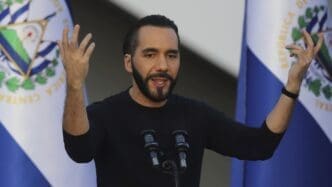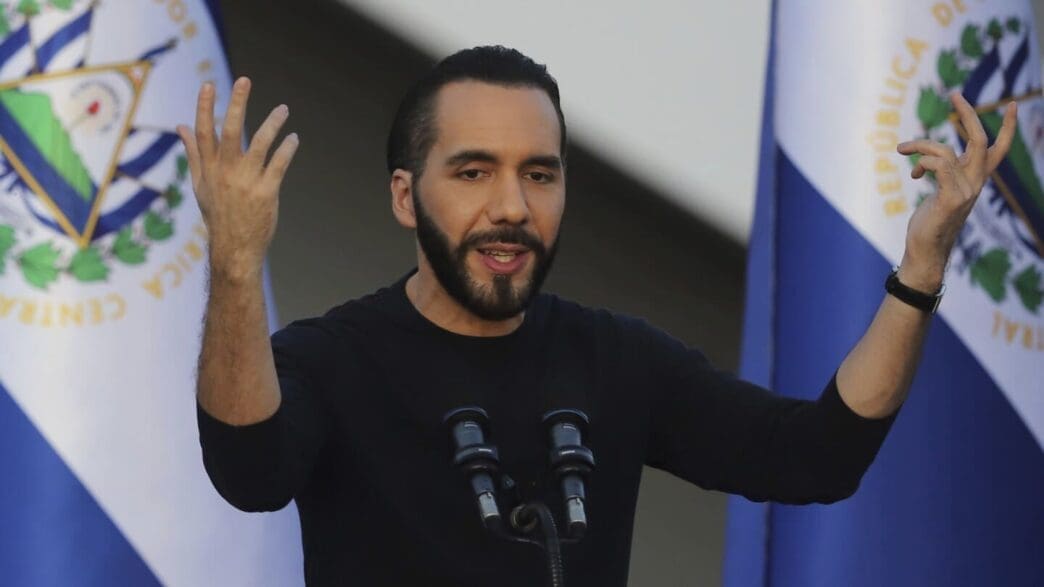El Salvador has taken a bold step forward in international relations by offering to accept deported individuals and some of the United States’ violent offenders, including American citizens. In an unprecedented move, the Salvadoran President Nayib Bukele has extended this proposal amid a global migration crisis, following discussions with U.S. Secretary of State, Marco Rubio.
President Nayib Bukele, in a statement on social media platform X, presented El Salvador as a potential release valve for the overcrowded U.S. prison system. His offer includes the acceptance of convicted criminals, with the condition that the United States compensates El Salvador financially for hosting these prisoners. Although the exact price remains undisclosed, Bukele claimed that the cost would be relatively low for the U.S. yet significant enough to sustain El Salvador’s entire prison system.
Bukele suggests housing these criminals in the newly established maximum-security prison, known as the Center for Confinement of Terrorism (CECOT), a facility designed to hold up to 40,000 inmates. This prison, located southeast of the capital San Salvador, is already utilized for detaining members of MS-13 and other criminal groups. However, human rights organizations have raised concerns about its harsh conditions, where inmates receive minimal food and lack outdoor time or educational programs.
While deporting foreign nationals to third countries might be legal under U.S. immigration laws, deporting American citizens is fraught with constitutional challenges. Current laws stipulate that only non-citizens can be deported for immigration violations, a point emphasized by experts like Theresa Cardinal Brown. In rare cases, naturalized citizens might face denaturalization due to severe offenses, but native-born Americans retain their citizenship rights under the 14th Amendment, as articulated by immigration law expert Stephen Yale-Loehr.
El Salvador’s initiative comes during its recovery from decades of civil unrest and gang violence. Under Bukele’s administration, the country declared a state of emergency in 2022 and initiated a crackdown on gangs, resulting in over 80,000 arrests. Bukele’s tough stance has reduced crime to historically low levels, improving his popularity despite criticism from human rights advocates regarding due process rights.
Comparatively, other countries have engaged in similar but less extensive agreements. The United Kingdom, for example, has a contentious agreement with Rwanda to send asylum seekers, which faces legal challenges. Although former President Trump established accords with Central American nations to host U.S. asylum seekers, these were mostly annulled by the Biden administration.
Despite legal skepticism, former President Trump praised the Salvadoran proposal as a potential deterrent, though he acknowledged possible legal hurdles. Rubio also described the offer as generous, yet highlighted the necessity for legal review within the U.S. framework. Bukele, unperturbed by the debates, has even joked about welcoming high-profile U.S. figures like former Senator Bob Menendez, recently convicted on corruption charges.
El Salvador’s offer to host deported individuals and criminals marks a distinctive approach to international cooperation on migration and crime management. While the proposal carries both logistical and legal complexities, it underscores El Salvador’s willingness to engage in unconventional solutions to global issues, reflecting broader shifts in immigration policy debate.





